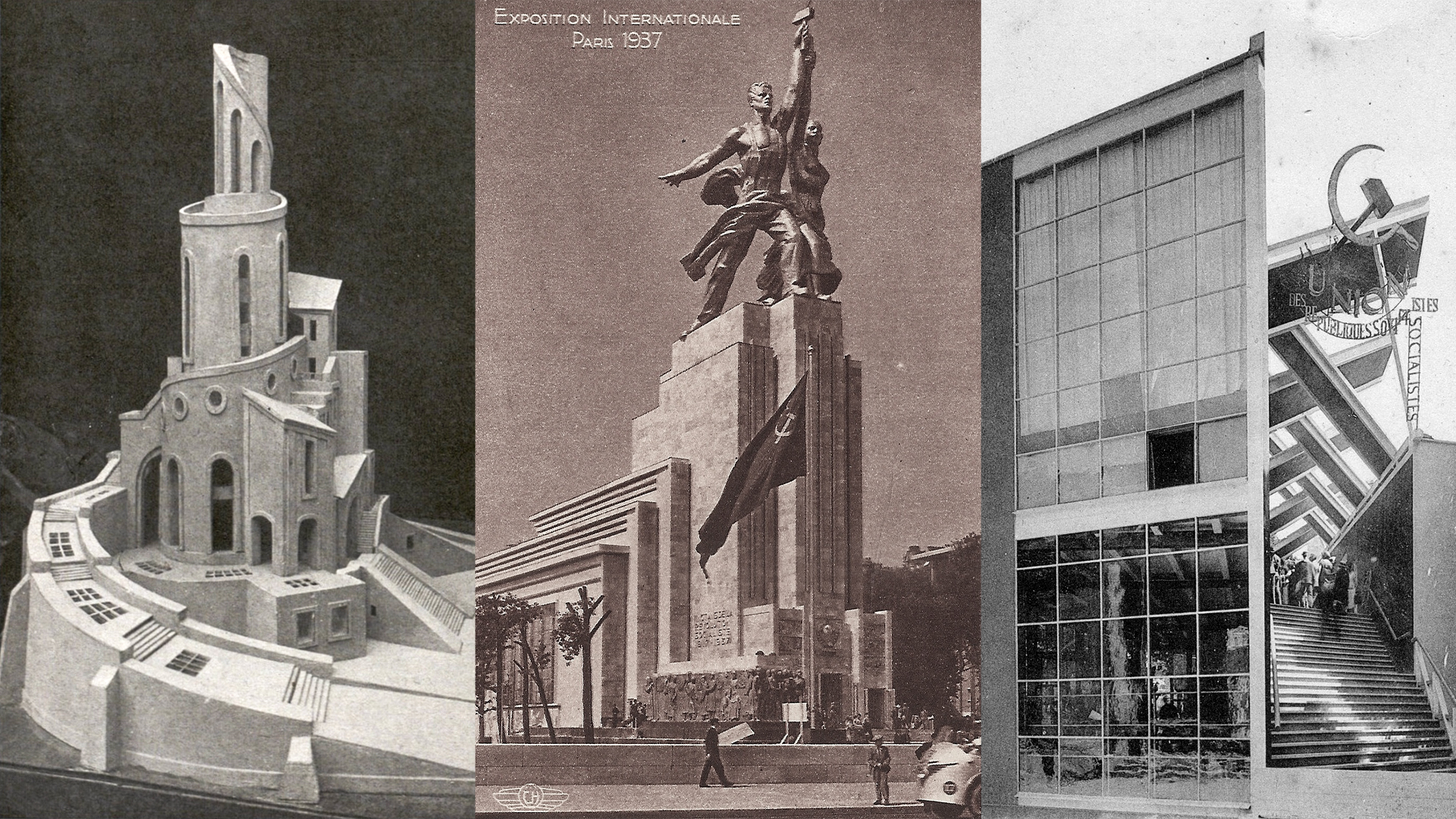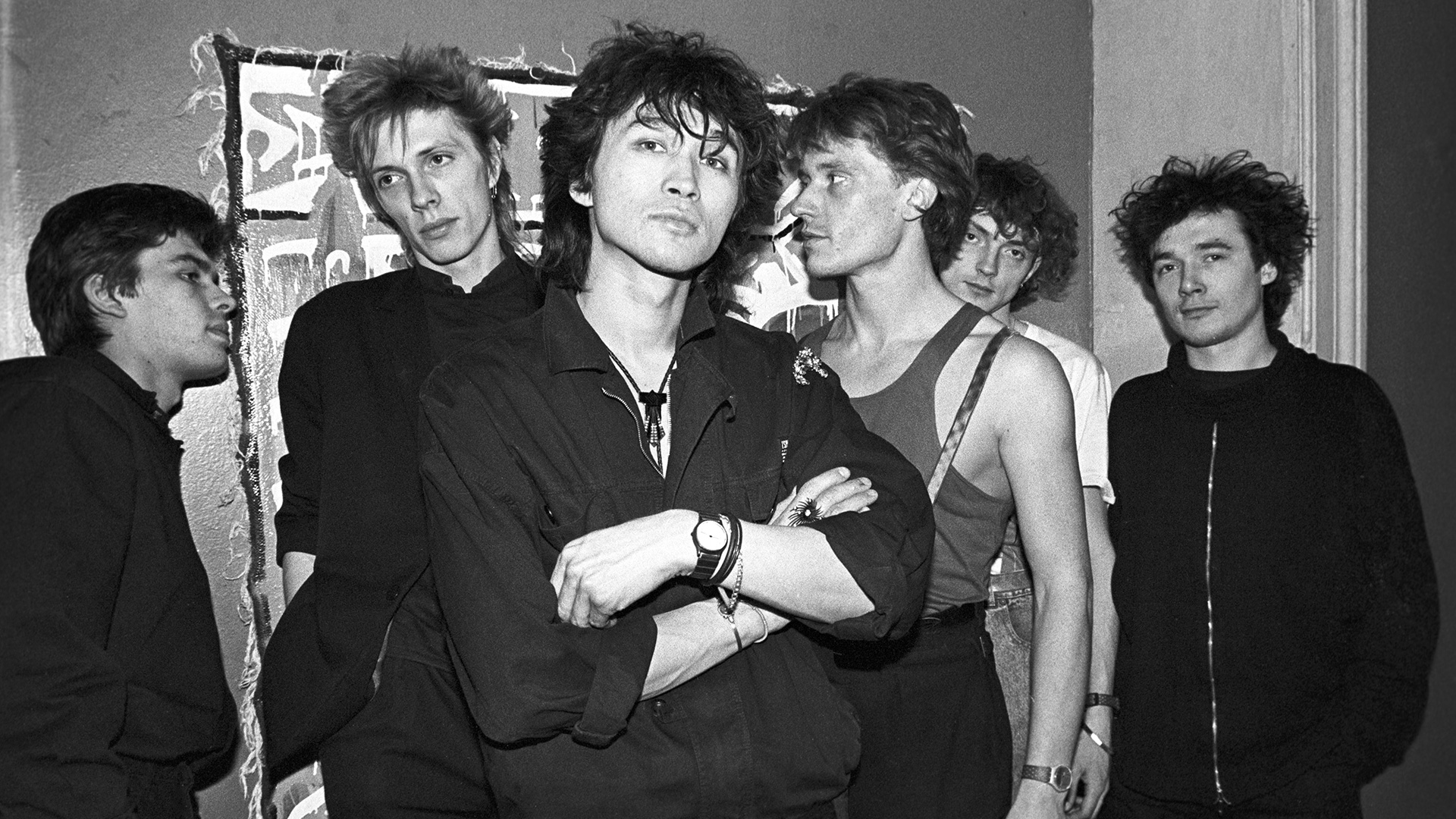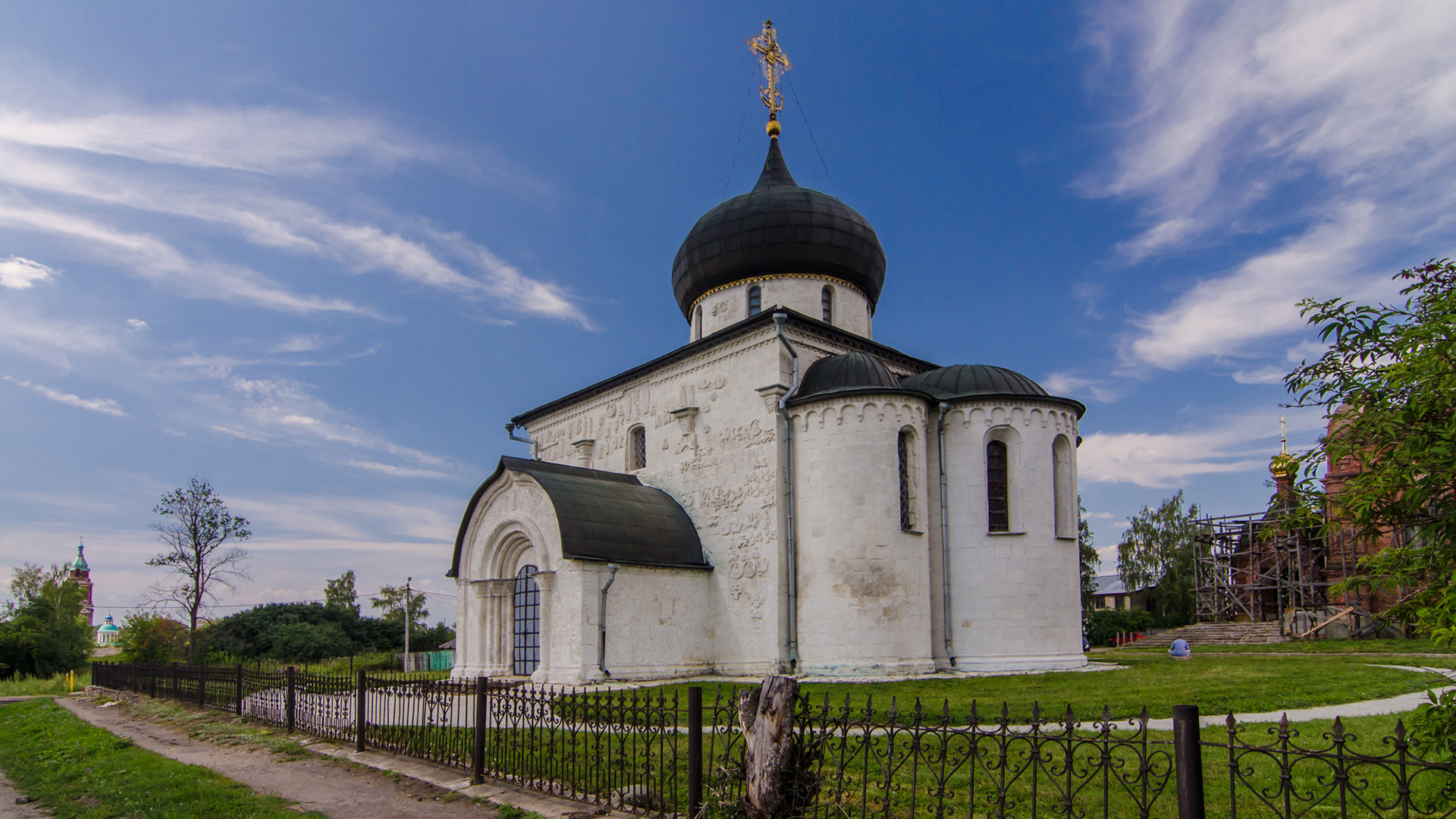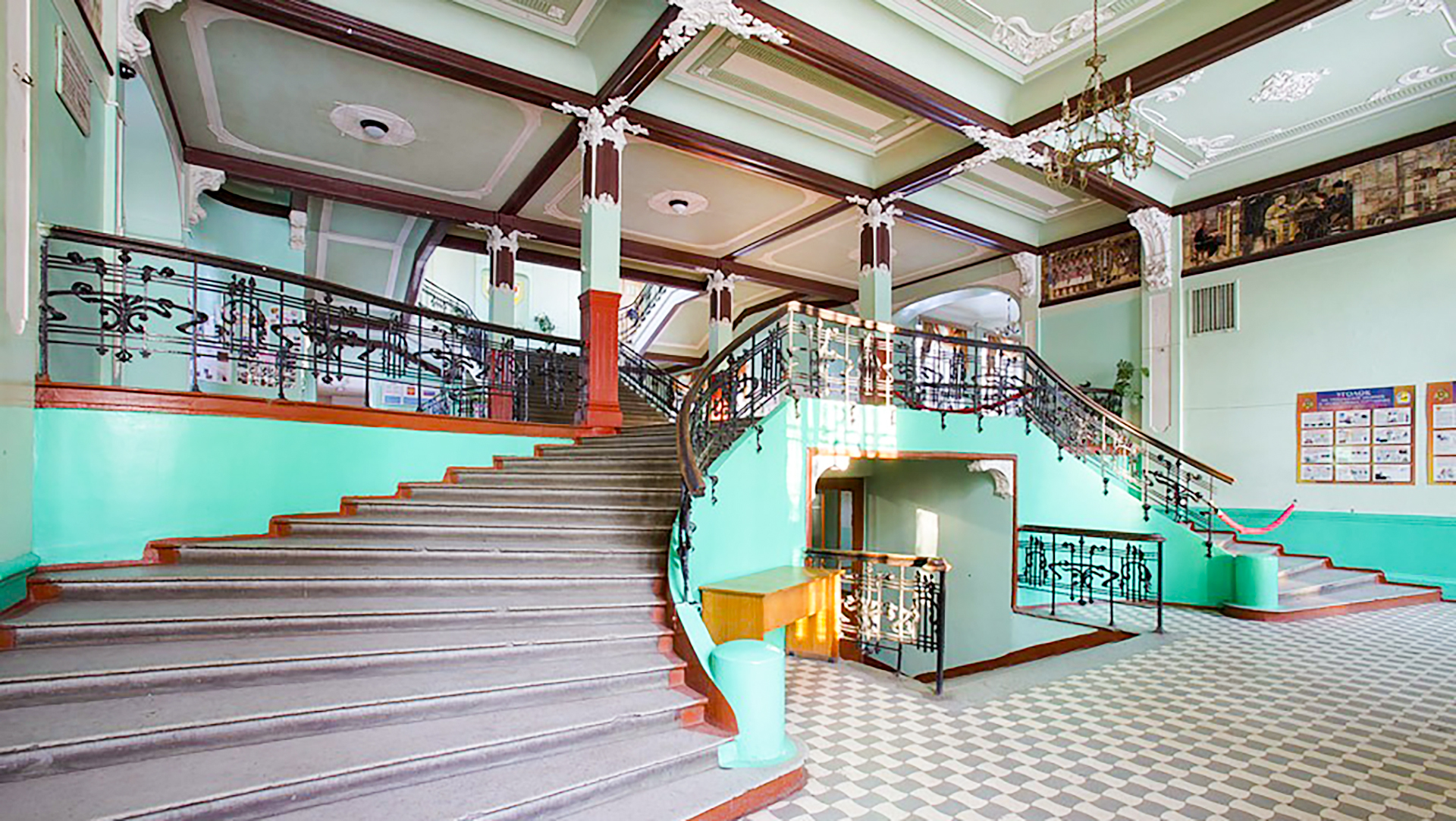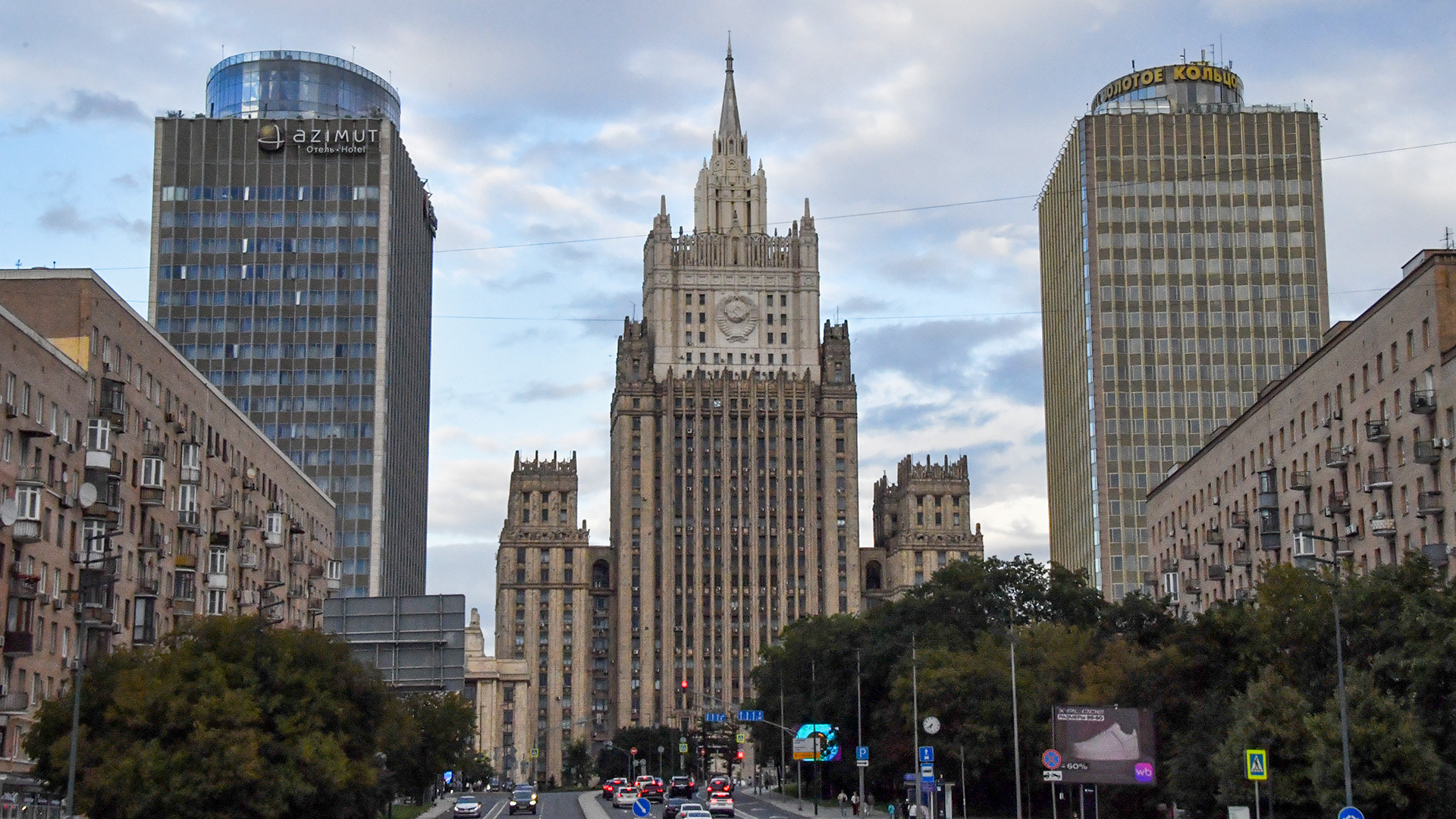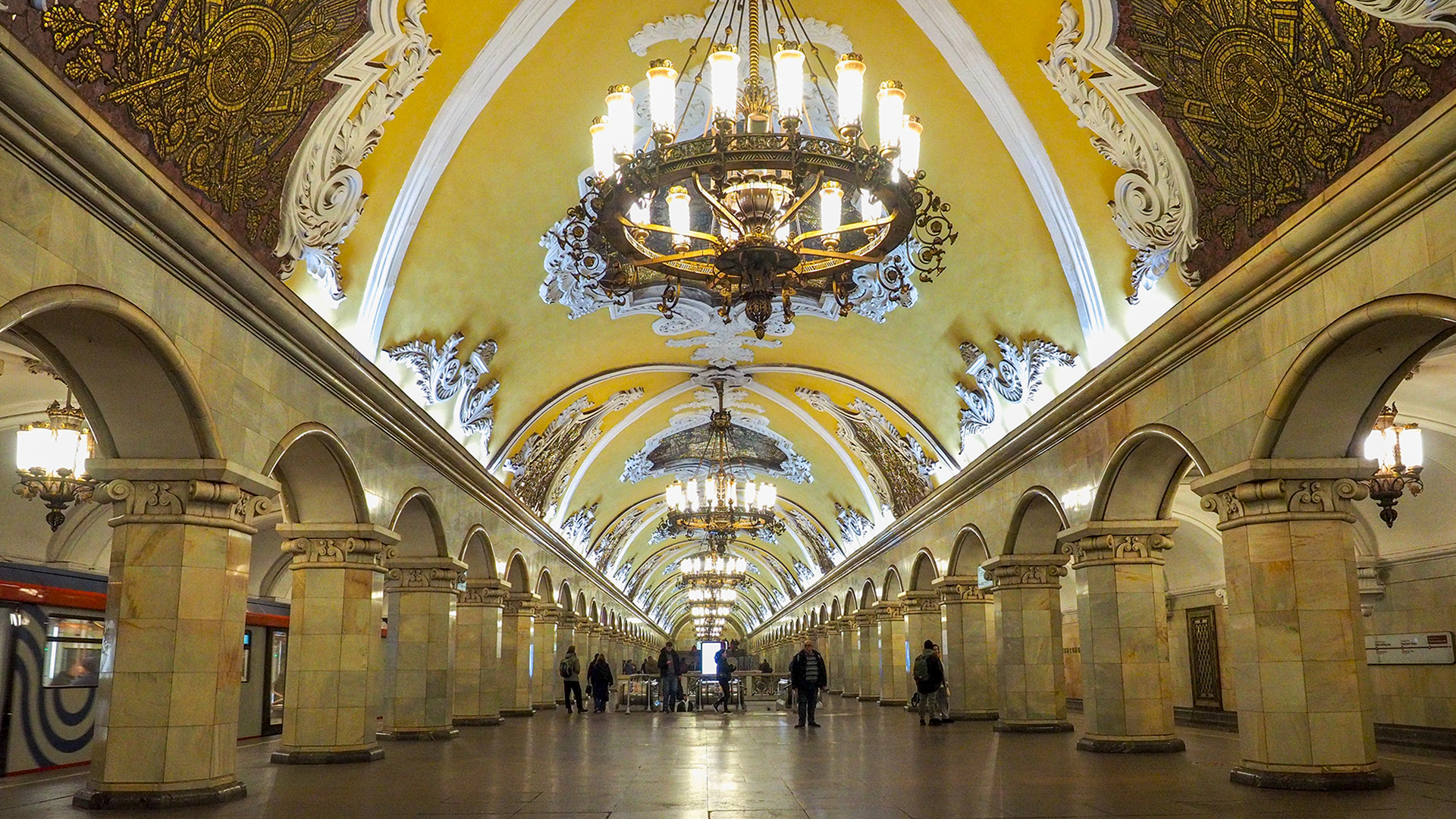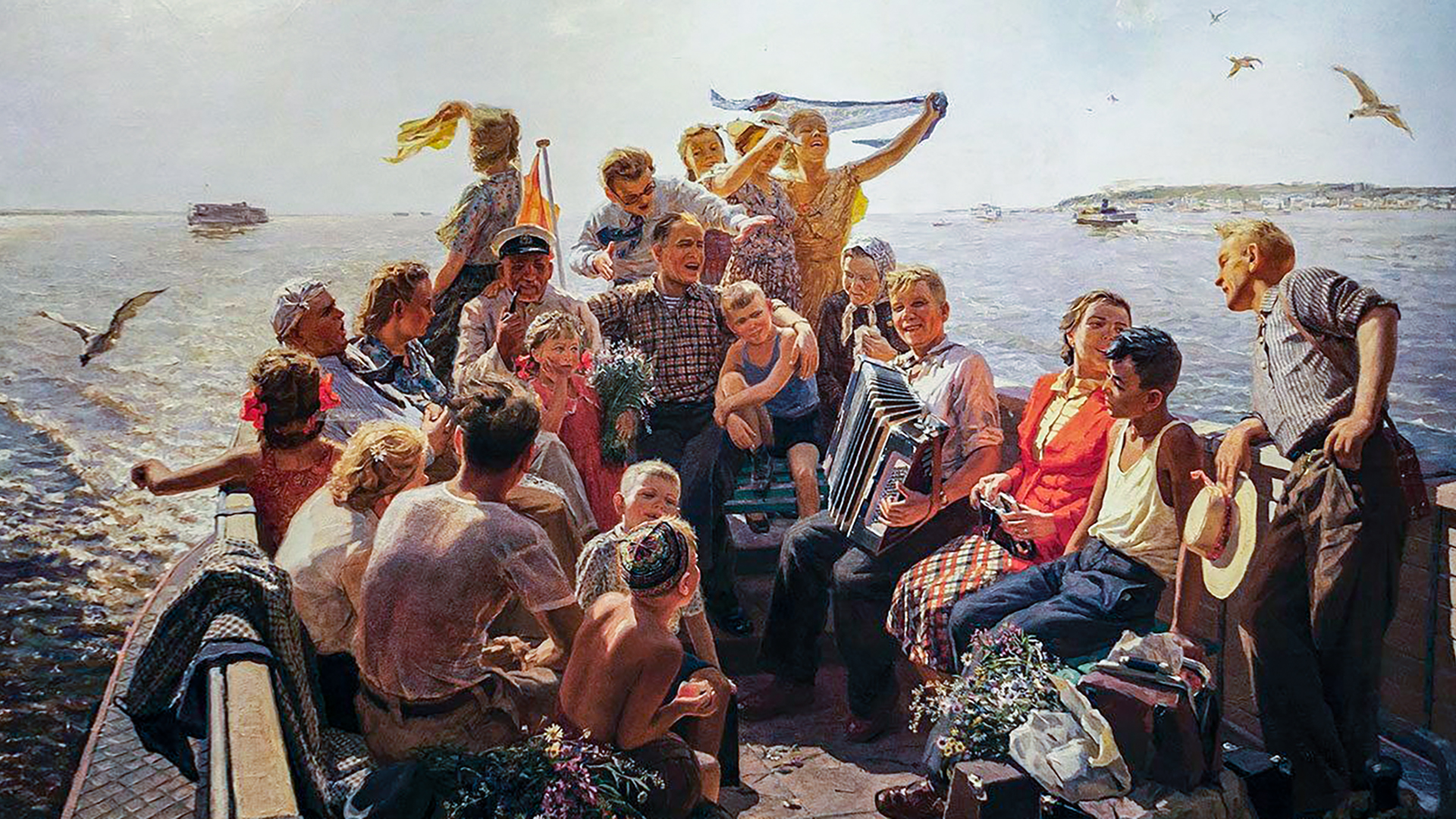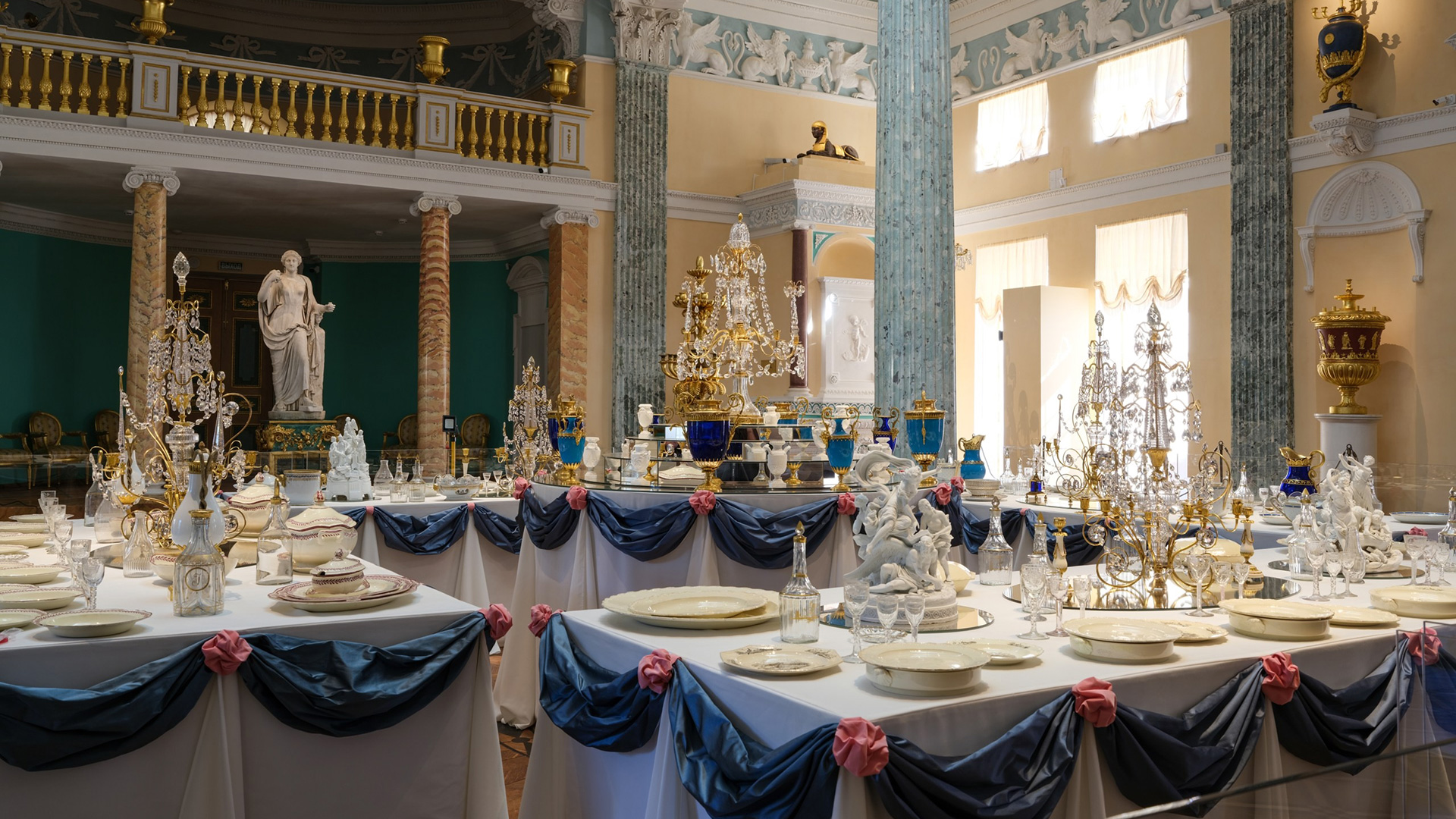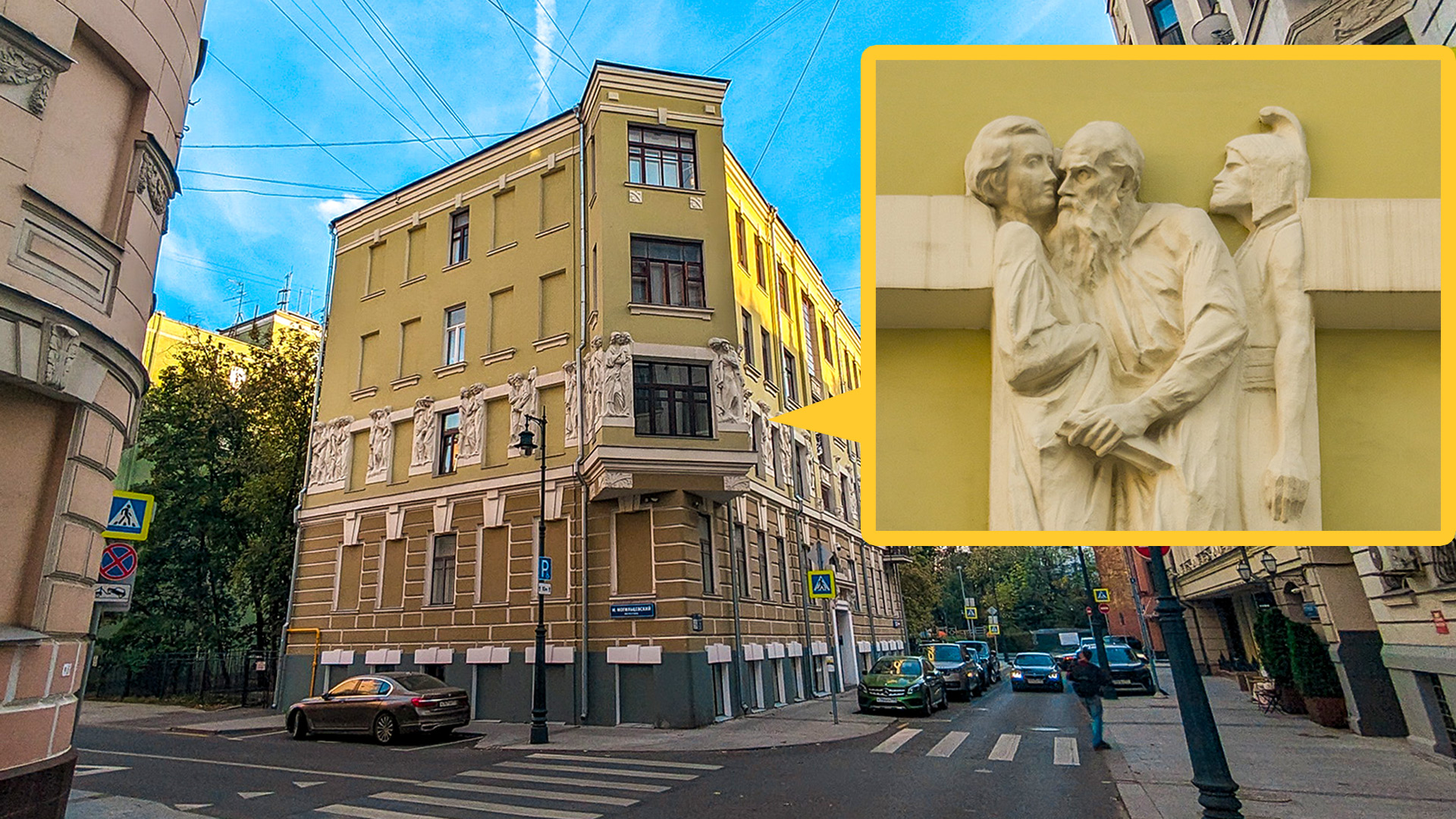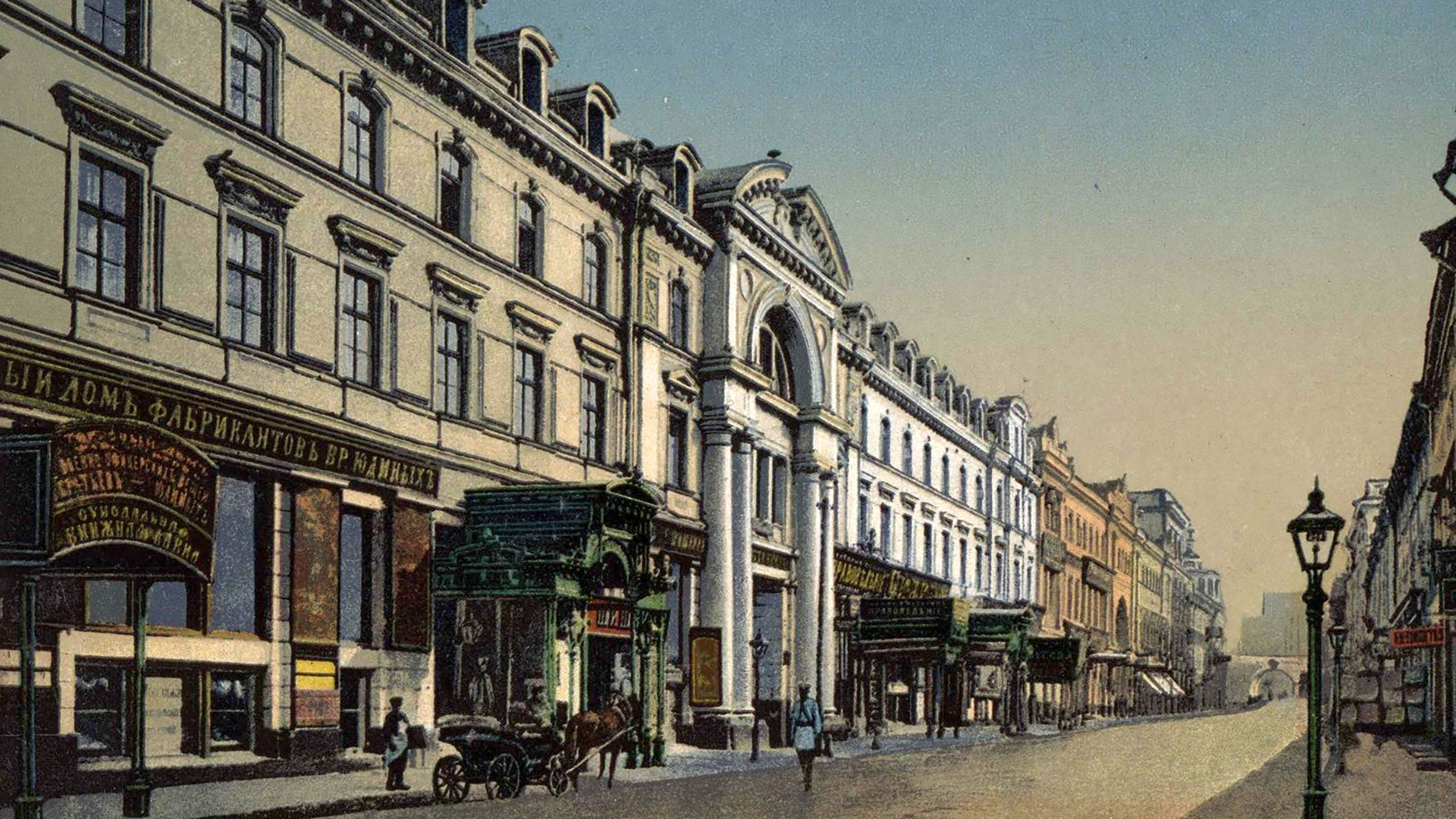
How the Terem Palace, the most luxurious in the Moscow Kremlin, appeared
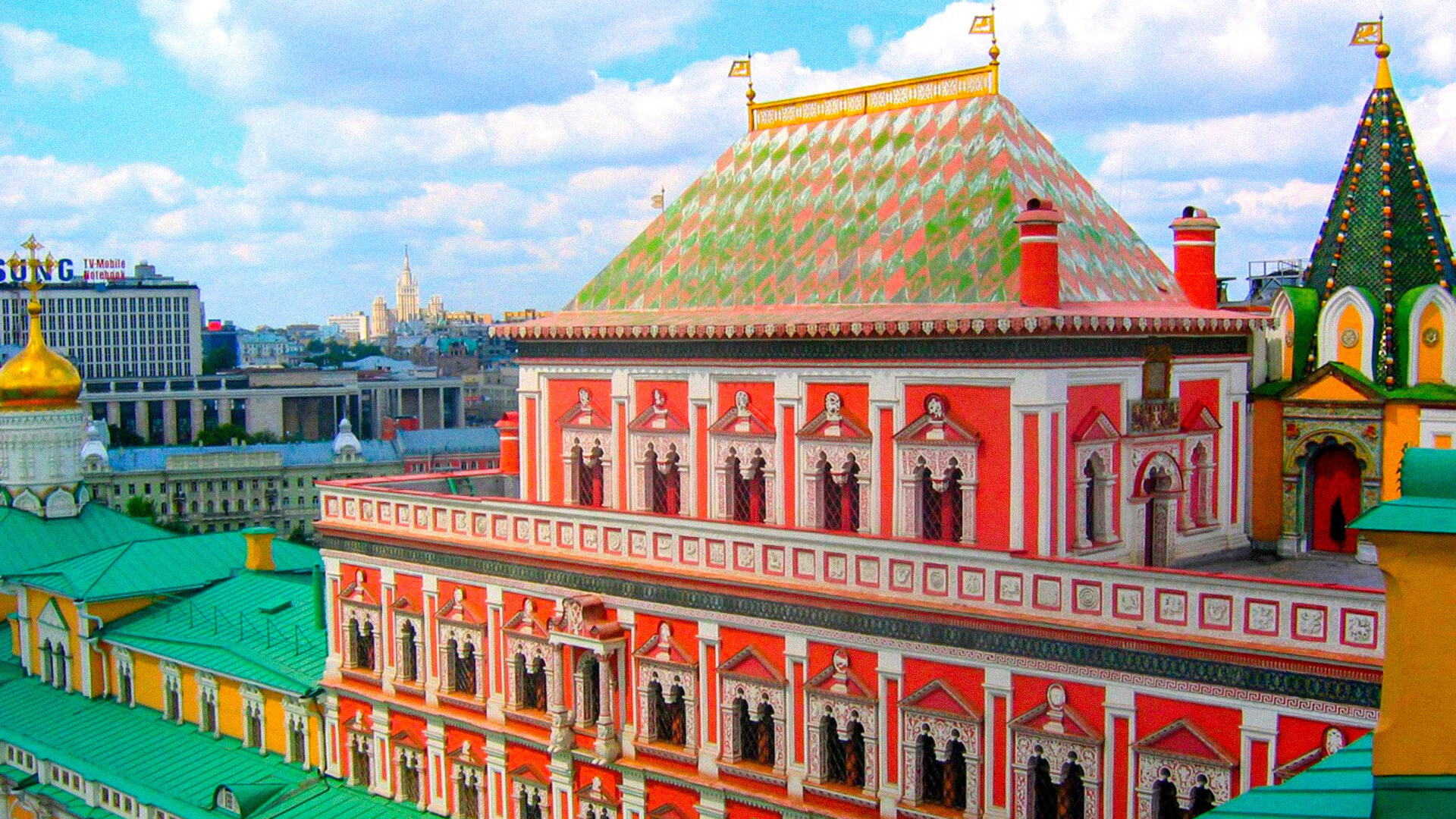
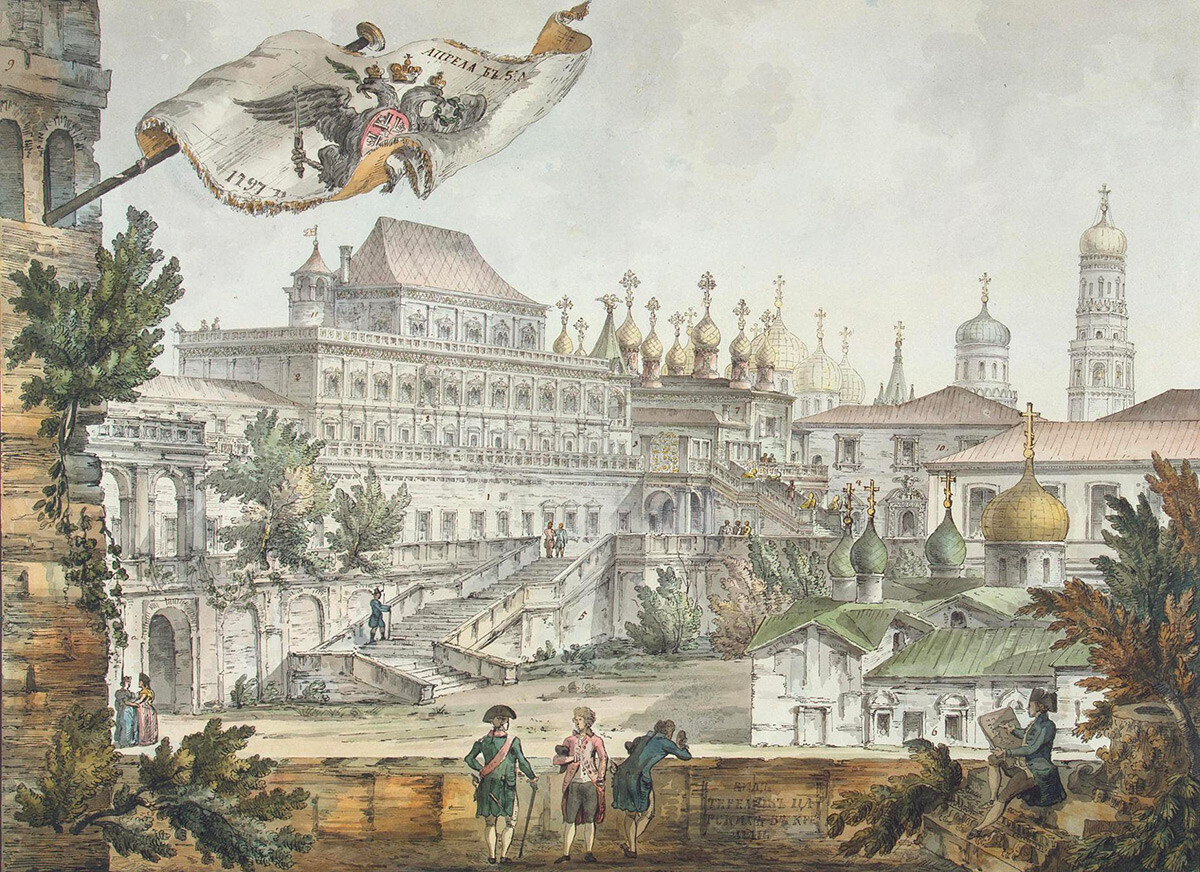
The palace was built in the 17th century by Russian craftsmen Antip Konstantinov, Trefil Sharutin and Bazhen Ogurtsov. Initially, it was intended for the tsar's sons, but he eventually decided to live there himself. Unlike the other wooden buildings around, brick was used for the palace.
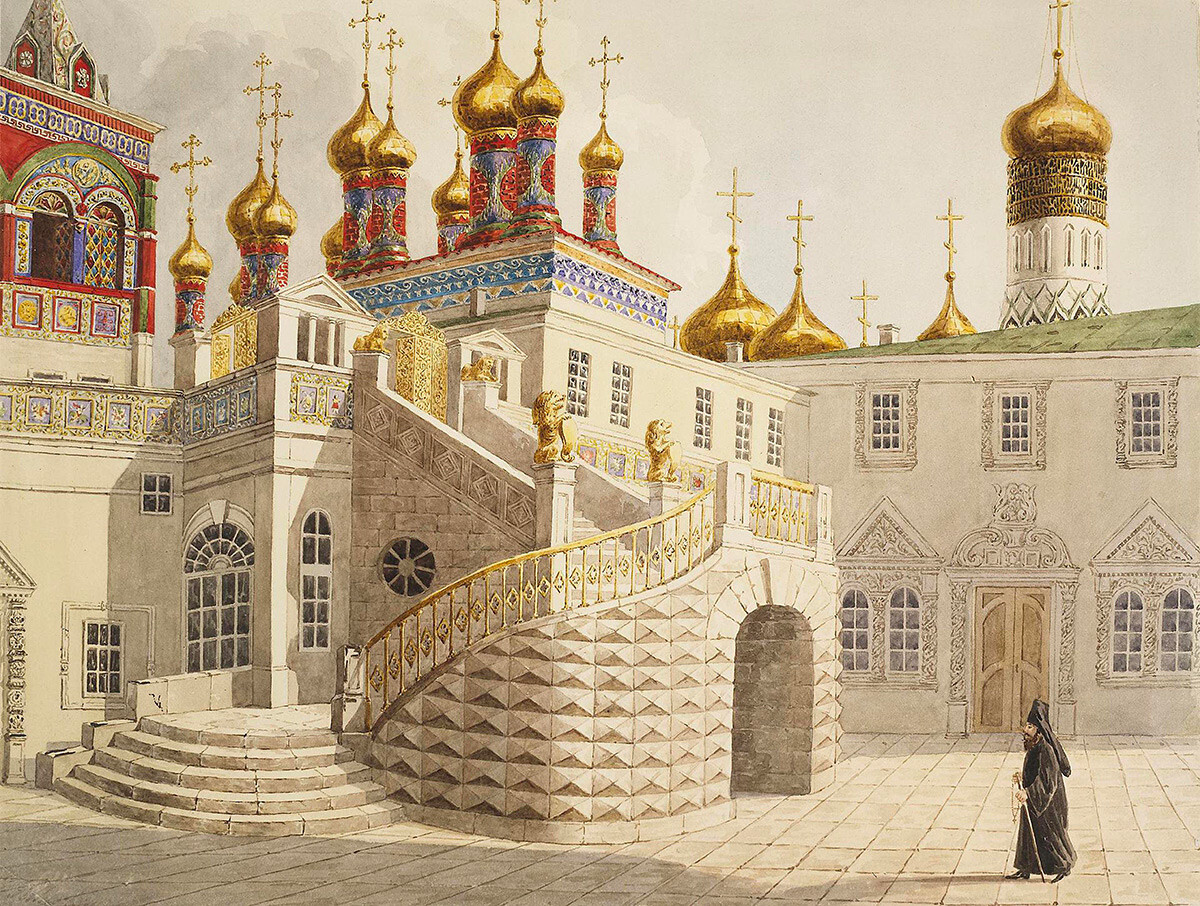
The Terem Palace became the tallest building in the sovereign's court, a skyscraper of that time. Externally, it looks like a pyramid with platforms for strolls: the higher it is, the smaller the floor. At the same time, each level had its own purpose.
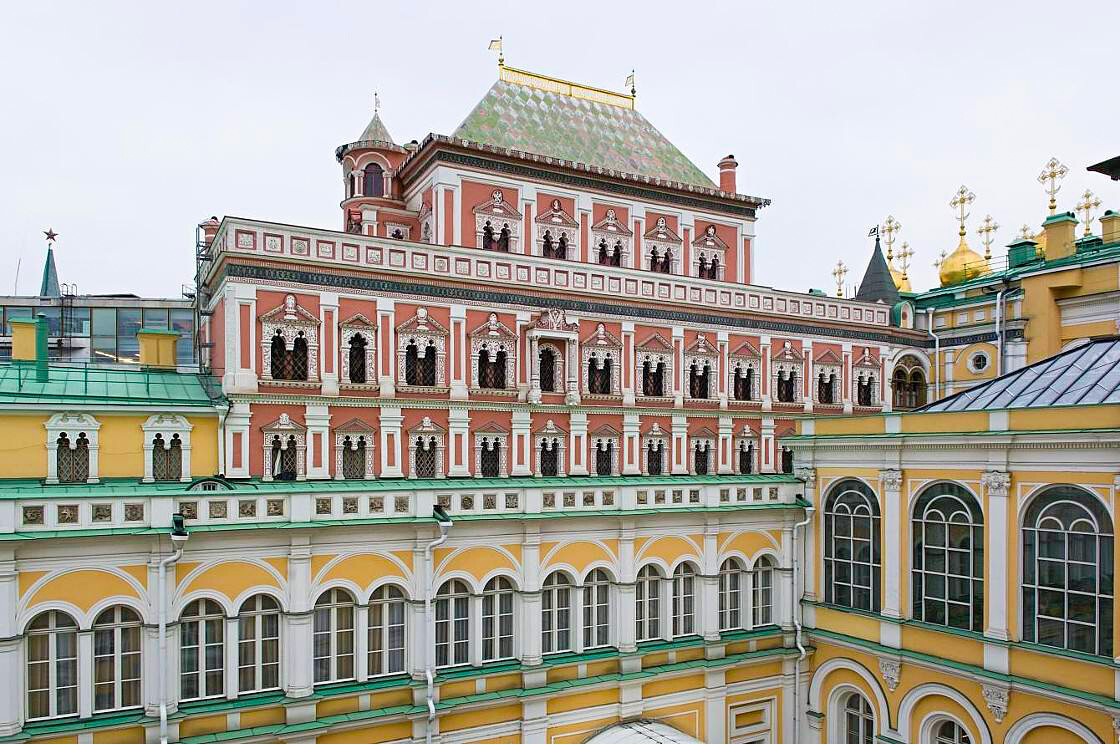
There were storerooms below, a little higher - workshops and, as we would say now, dressing rooms. In the 17th century, the third floor was occupied by the quarters of the tsarina and children.
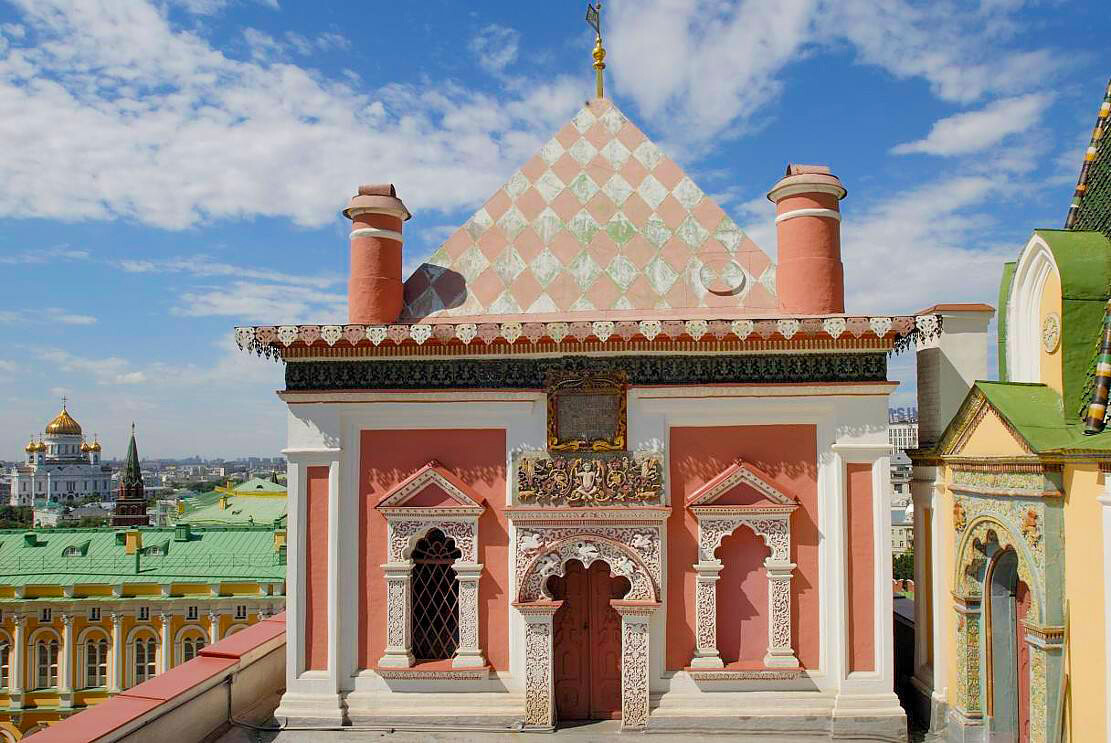
The tsar himself lived on the fourth floor. Moreover, the rooms here were designed so that curious visitors, having found themselves in the very first, could not see what was in the last.
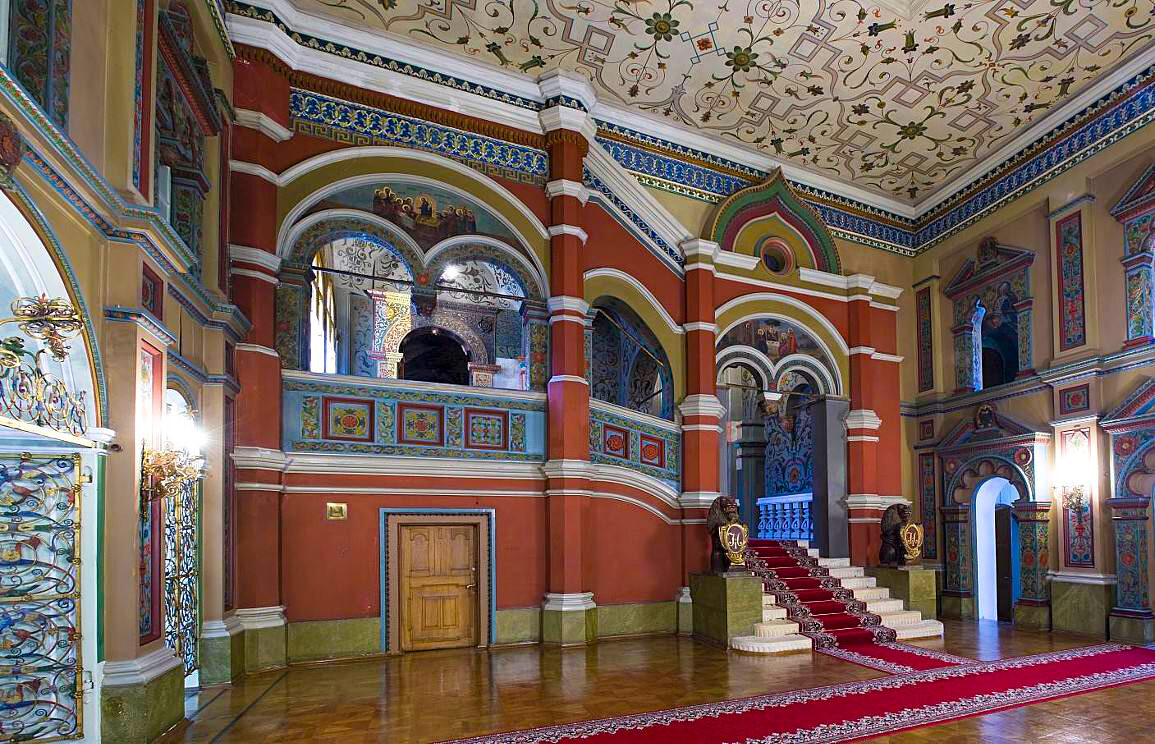
And, on the topmost floor, there was the playroom for his offspring. It was the fifth floor that was considered the most impregnable: it could only be accessed via the monarch's chambers.
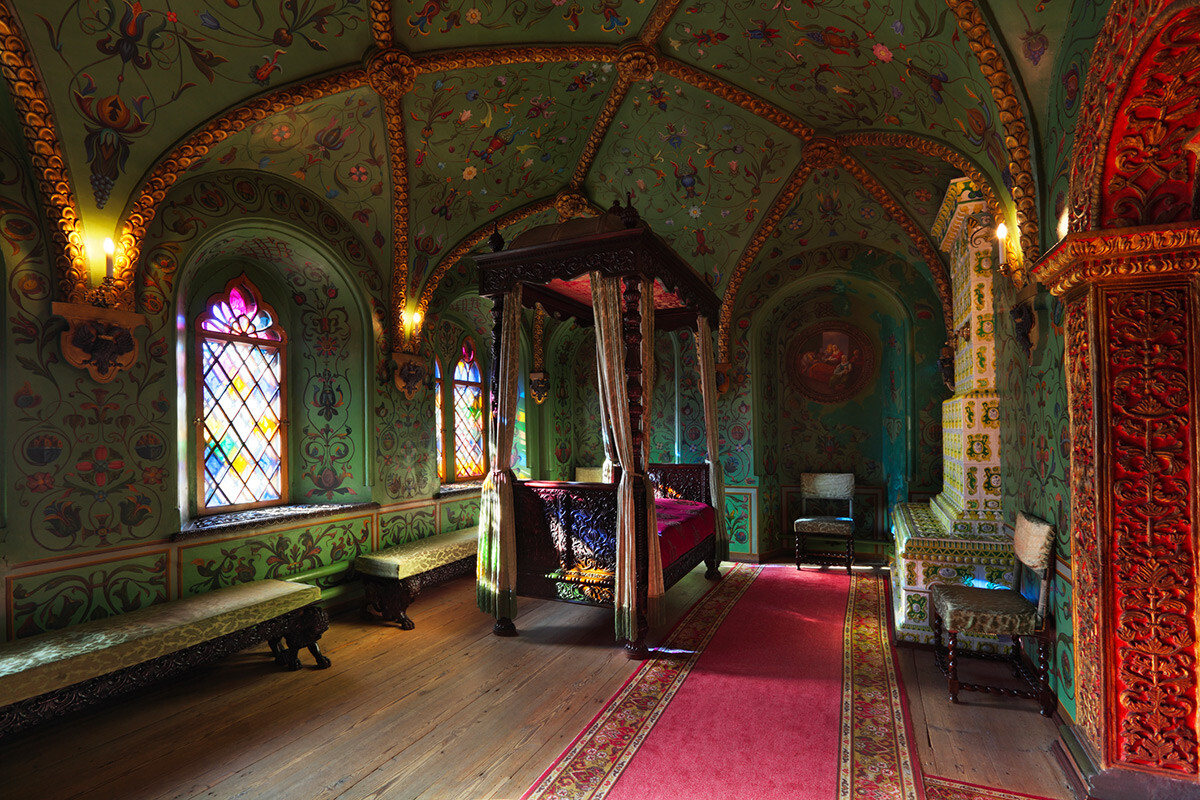
The tsar's "working day" took place in the Terem Palace. Decrees were announced there, ambassadors from other states were received, meetings of the Boyar Duma were held and documents were signed.
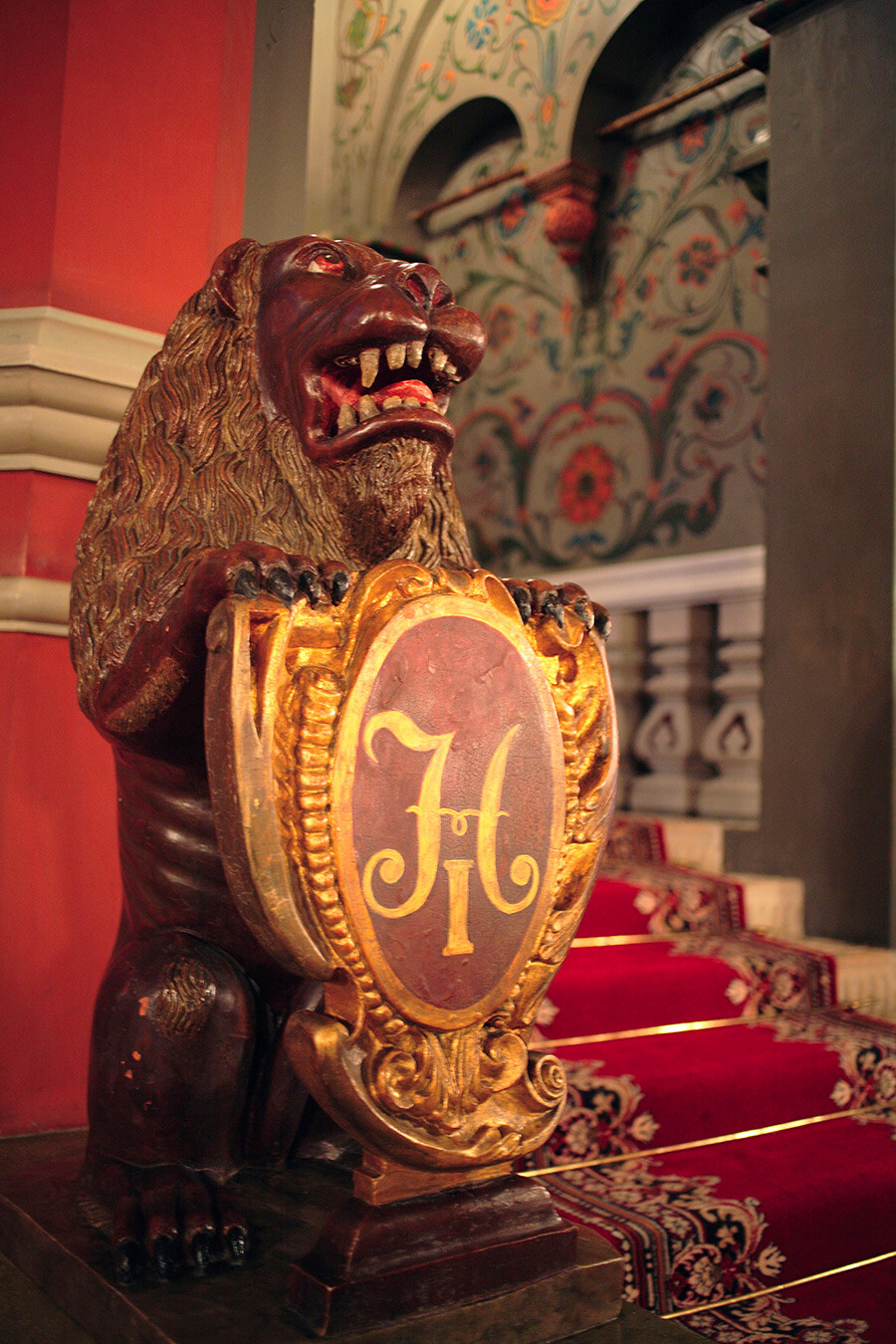
In 1701, the palace was badly damaged by fire and, in the war of 1812, it was occupied by Napoleon's headquarters: the priceless historical setting was destroyed. But, in the middle of the 19th century, it was decided to restore the building.
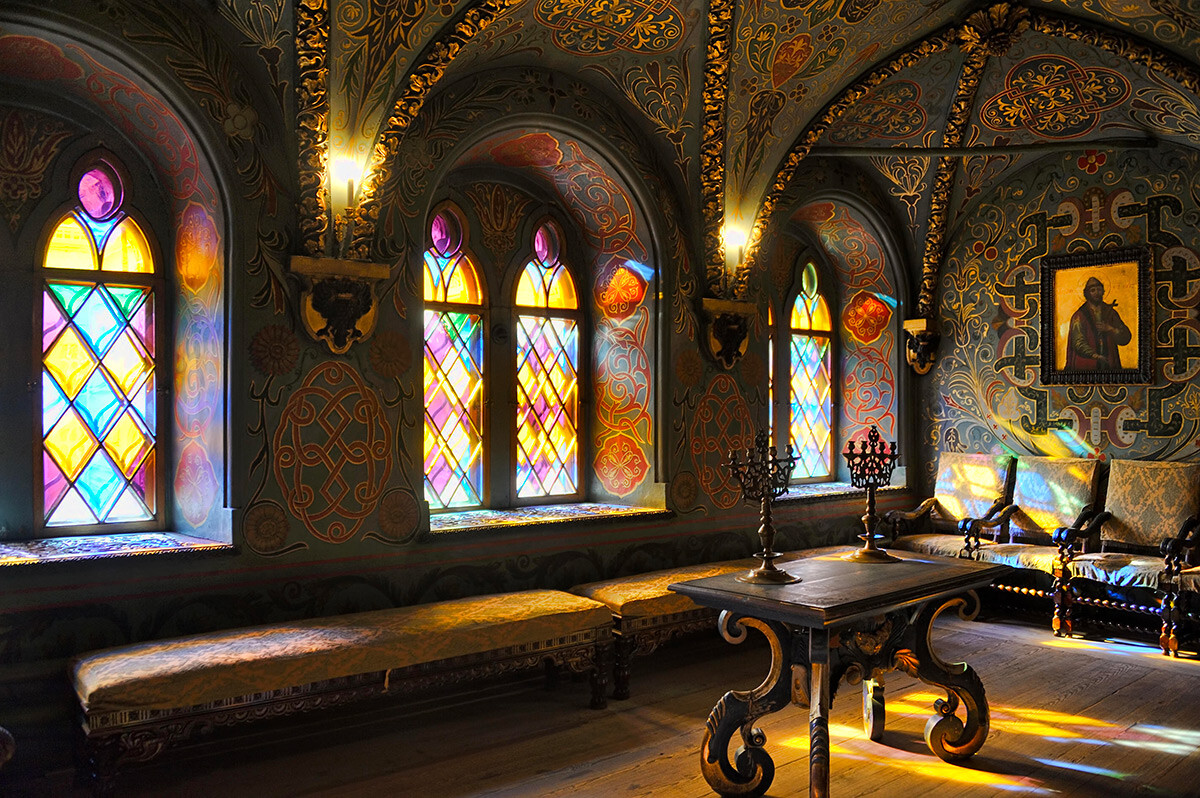
The drawings for wall paintings were created by artist Fyodor Solntsev: The chambers were again decorated with plant patterns, tiled stoves made according to 17th century models appeared in the rooms and stained glass appeared in the windows.
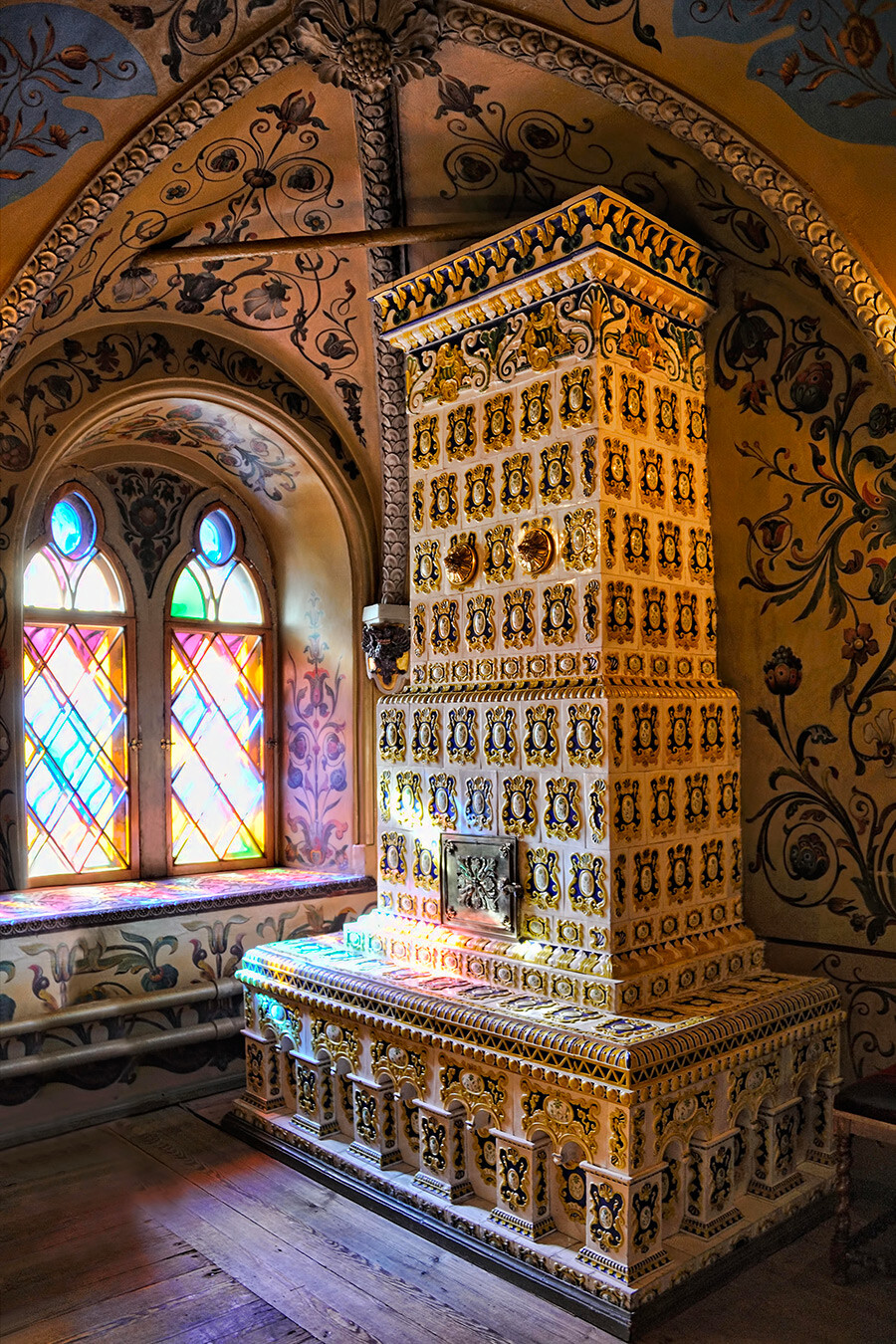
Today, the Terem Palace is part of the Grand Kremlin Palace, the official residence of the President of Russia.


